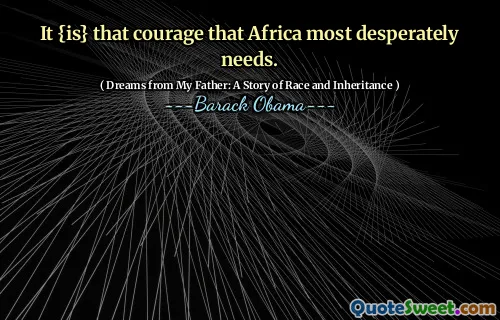
People believe what they are told.
This quote highlights a fundamental aspect of human psychology and social dynamics: our beliefs are often shaped by information we receive from external sources. In a world saturated with messages from media, education, peers, and authority figures, it's easy to see how perceptions and beliefs can be influenced or even manipulated. The trust we place in what we're told forms the foundation of much of our understanding of the world. However, this also raises important concerns about critical thinking and skepticism. When we accept information without questioning its origin and validity, we risk falling prey to misinformation, propaganda, or biases that distort reality. Historically, societies have experienced both the peril and power of belief shaped by authoritative narratives, from political regimes to advertising. Encouraging individuals to be discerning consumers of information—questioning sources, seeking evidence, and considering alternative viewpoints—is crucial to fostering an informed and autonomous populace. Moreover, the role of education in teaching critical thinking skills becomes evident here, as these skills empower people to differentiate between credible facts and misleading claims. The saying also reflects on how easily collective beliefs can be shaped or manipulated, which contemporary issues like fake news demonstrate vividly. It serves as a reminder that while belief can be a source of comfort, community, and identity, it must be balanced with inquiry and skepticism to avoid manipulation and to seek truth more effectively.










